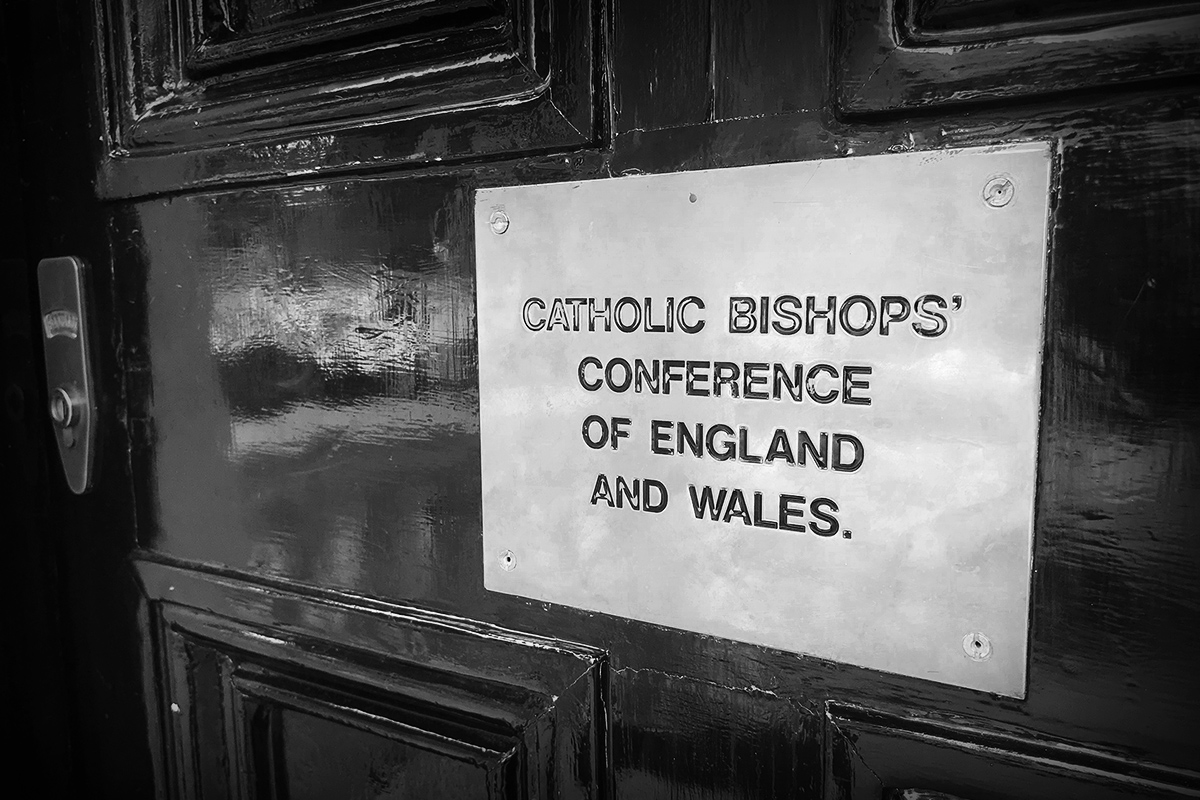
The Catholic faith is a significant part of prisoners’ lives in prisons of all sorts from Young Offender Institutions to High Security prisons and female establishments, new research has revealed.
It claims that religion can help cut re-offending rates as it moves offenders to remorse, to have empathy for victims, to focus away from crime and move into a new community.
Seventeen prisons took part and 332 prisoners responded to the survey which was carried out on behalf of the Catholic Bishops’ Conference of England and Wales by Lemos & Crane.
Social Scientist Gerard Lemos explained:
“The prisoners surveyed were Catholics who were believers, at least as children, and some as adults. We saw how faith helps prisoners, giving them a sense of community both within prison and with Catholics outside of prison. This is important as prisoners often feel a great disconnection from both the outside community and from others in prison”.
The research revealed that the overwhelming majority – 88 per cent of respondents – engaged in private prayer. The reasons given for private prayer included strength to cope with prison life; getting closer to God and their faith; a sense of space and calm; feeling more positive; a chance to pray for their families; a sense of belonging and combating loneliness, coming to terms with the past and being forgiven for their wrongdoing.
However, there can be problems escorting prisoners from their cells to chapel, to meet with chaplains and attend study groups. This is linked to the time that is allowed out of cells and clashes of timetable.
One respondent said he “stopped going to Mass because most of the weekend I’m banged up so when I do get out, I need a shower and to phone my family”.
Monsignor Roger Reader, the Catholic Bishops’ Prisons Adviser and Her Majesty’s Prison Service Catholic Faith Adviser, said:
“Through prayer and confession, prisoners reflect on remorse and forgiveness. When they engage with faith groups it reduces re-offending; it strengthens a non-criminal identity which acts as a bulwark against offending again”.
94 per cent of prisoners who responded said they trusted the chaplains. The reasons given included their honesty, being friendly and easy to talk to, respecting confidentiality, being non-judgmental and treating prisoners respectfully as well as the spiritual and pastoral support that prisoners reported receiving.
In the words of Mgr Reader, “You don’t rehabilitate people by treating them as rubbish!”
He also highlighted the important work of faith-based volunteers who go into prisons to talk with prisoners and effectively help them to look at the world in a different way.
He said: “One young man I know used to walk up and down Oxford Street looking for the CCTV cameras, security men and what he could steal, now he looks in the shop windows to see what he can buy with the money that he has earned. Faith gives a different vision of the world.”
You can read/download the Belief and Belonging research by clicking on the link below or to the right of this article.